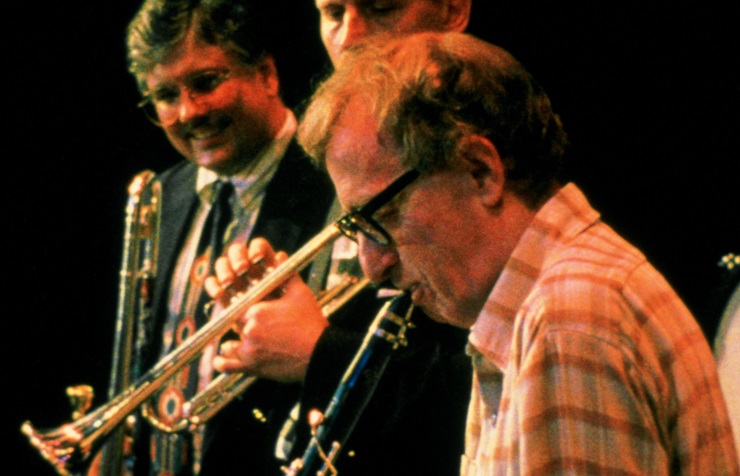
Films/Sweetland Films, © 1998 Fine Line Features
(c/o West End Films)
 |
| Photo © 1997 Jean Doumanian Productions/Cabin Creek Films/Sweetland Films, © 1998 Fine Line Features (c/o West End Films) |
| Awards: | |
| Sundance Film Festival: Best Cinematography, Documentary (Tom Hurwitz) | |
| National Board of Review: Best Documentary Feature | |
| Permalink | Home | 1997 (wp) | 1998 (us) | ABC | Blog |